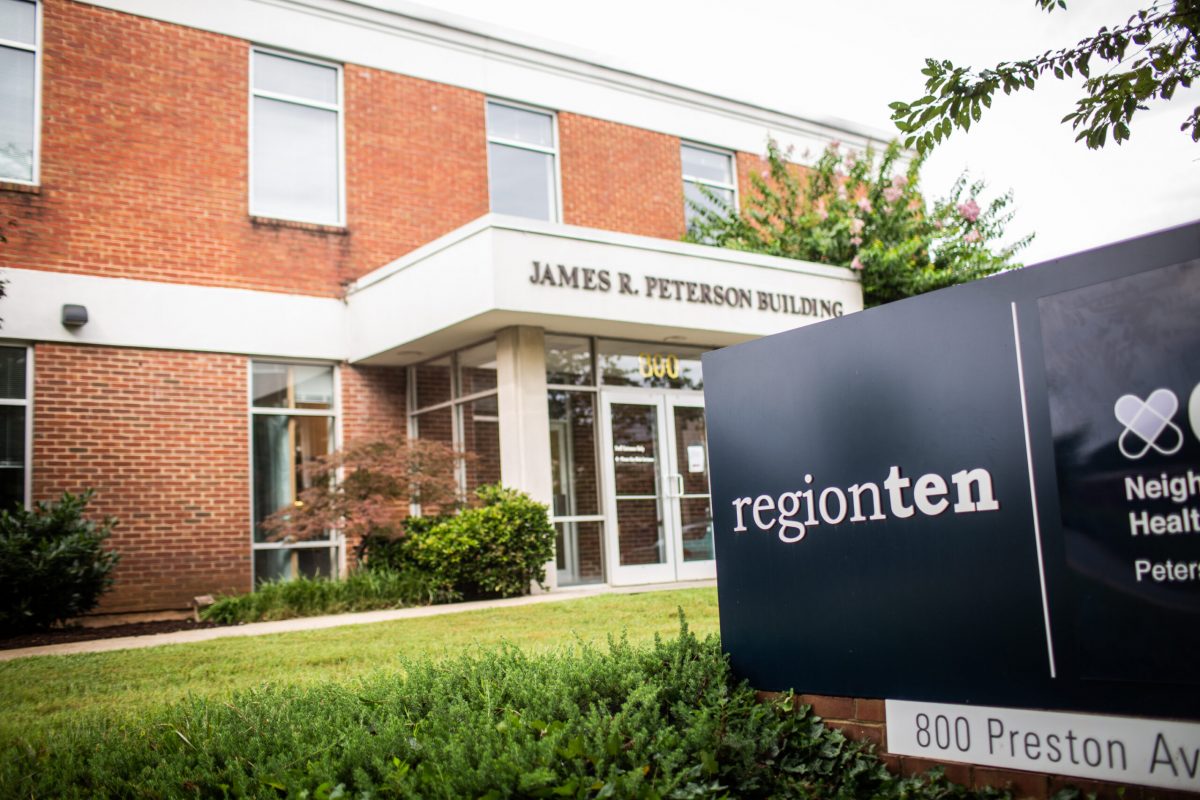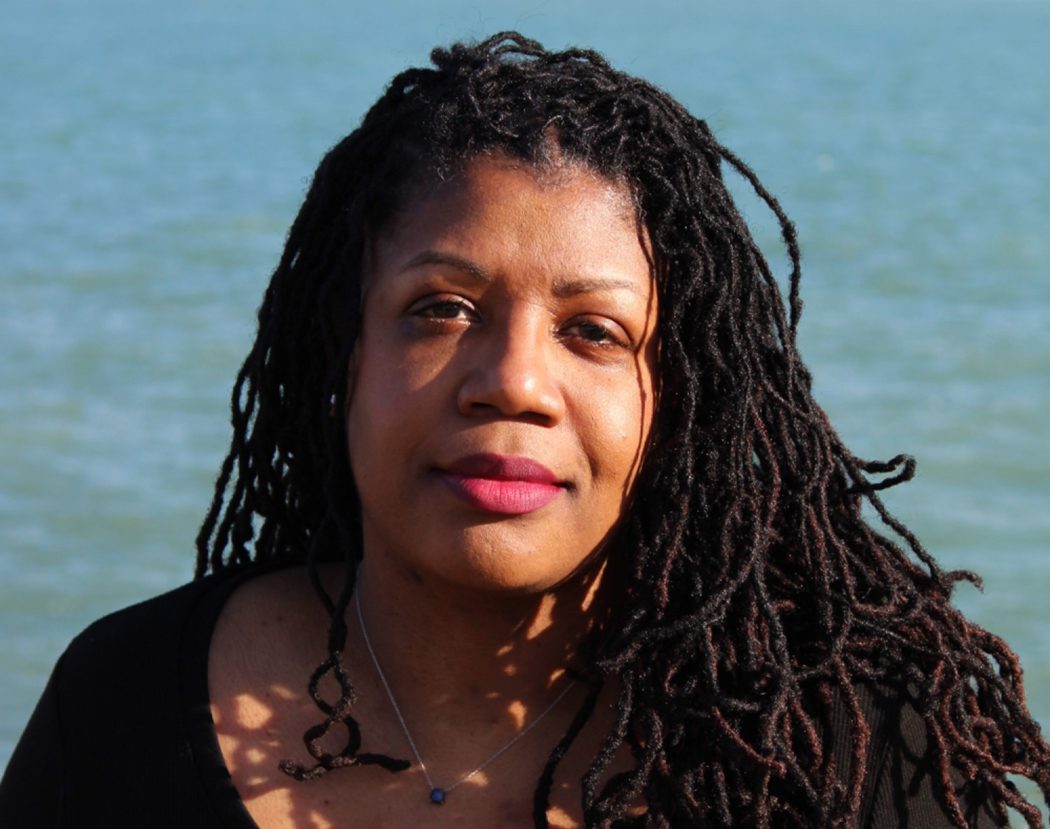More than four years after closing its doors due to COVID-19, Region Ten’s Women’s Center still has not reopened. While the community service board cites staffing difficulties, concerned members of Interfaith Movement Promoting Action by Congregations Together (IMPACT) are frustrated with the lack of progress in reopening the facility.
Opened in 2018, the Women’s Center is a residential treatment program for women dealing with substance use. The treatment facility, alongside most of Region Ten’s in-person programming, was shut down due to the COVID-19 pandemic in 2020.
But while most Region Ten offerings have since returned to normal operations, the Women’s Center is still closed.
On May 13, IMPACT members attended the public portion of Region Ten’s monthly board meeting to emphasize the urgent need to reopen the Women’s Center.
“We cannot continue to ignore the plight of mothers, sisters, and daughters who are dying from alcoholism and addiction,” said Pastor Liz Emrey in a public comment to the Region Ten board.
Emrey’s congregation—New Beginnings Christian Community—focuses on outreach for former offenders and people dealing with substance abuse. During a closed-door portion of the board meeting, the pastor and other members of IMPACT spoke to C-VILLE in the Region Ten lobby. All expressed frustration with the lack of movement in reopening the Women’s Center.
“We started this [advocating for the reopening of the Women’s Center] because of stories we got from our congregations,” said Vikki Bravo of Congregation Beth Israel. “It’s really important to us because it’s important to our community.”
“We have been asking them for at least two years, since the pandemic ended, to reopen the women’s treatment center,” said Emrey. “They said it was a staffing problem. But how is it a staffing problem for the women’s and not for the men’s?”
In a comment via email, Region Ten Director of Community Relations and Training confirmed that staffing challenges have contributed to the continued closure of the Women’s Center.
Both the Women’s Center and Mohr Center—Region Ten’s residential substance abuse program for men—were closed due to the pandemic in 2020. But it was duration and logistics, not gender, that facilitated the Mohr Center’s prompt reopening.
“While Mohr Center staffing was negatively impacted by the pandemic, it was not at the same level as the Women’s Center, which was a newer program that had been in operation for less than two years,” said Jennings.
With the Women’s Center closed, women seeking residential substance abuse treatment have limited options in central Virginia. Region Ten currently offers programs including Project Link, Recovery Support, Intensive Outpatient Programming, and the Wellness Recovery Center for those recovering from substance abuse, but none offer the same benefits as the Women’s Center.
Uniquely, the Women’s Center allowed patients to bring up to two of their children under 5 years old with them to the residential program. Though this was a highlight of the Women’s Center when it was open, it has made reopening more challenging.
“Providing residential treatment support to young children also requires additional and specialized staffing in order to operate safely and in compliance with regulatory standards,” said Jennings. “Region Ten has worked diligently to recruit and retain qualified behavioral health staff to support the community’s needs. … The Women’s Center will reopen as appropriate and adequate staffing allows.”

